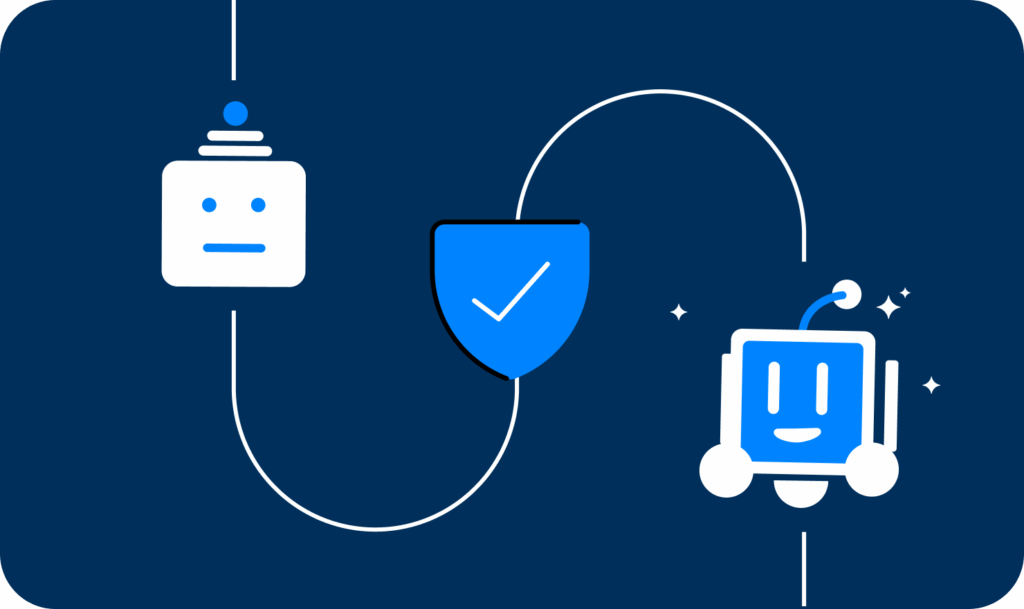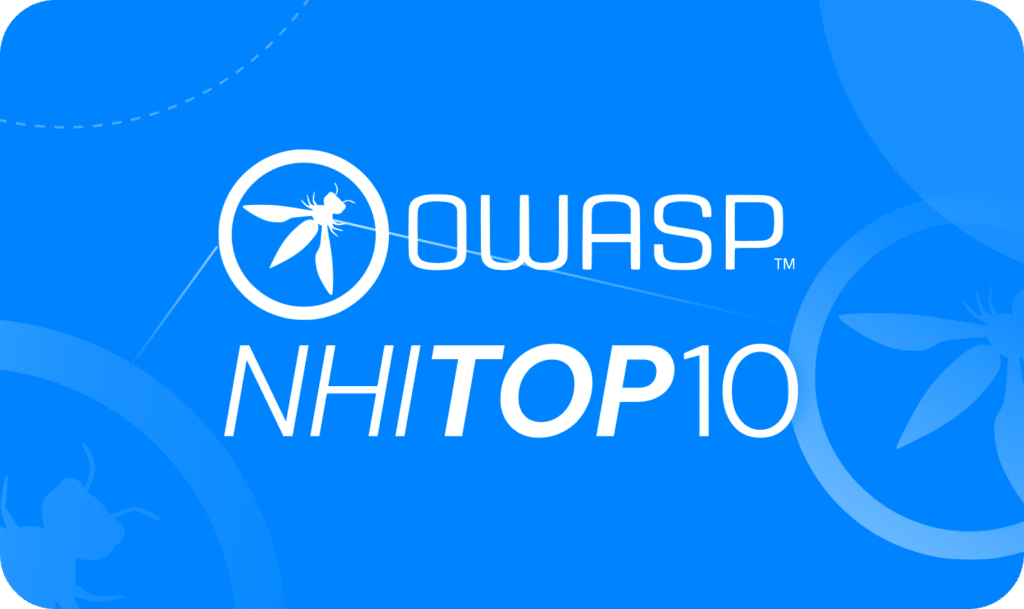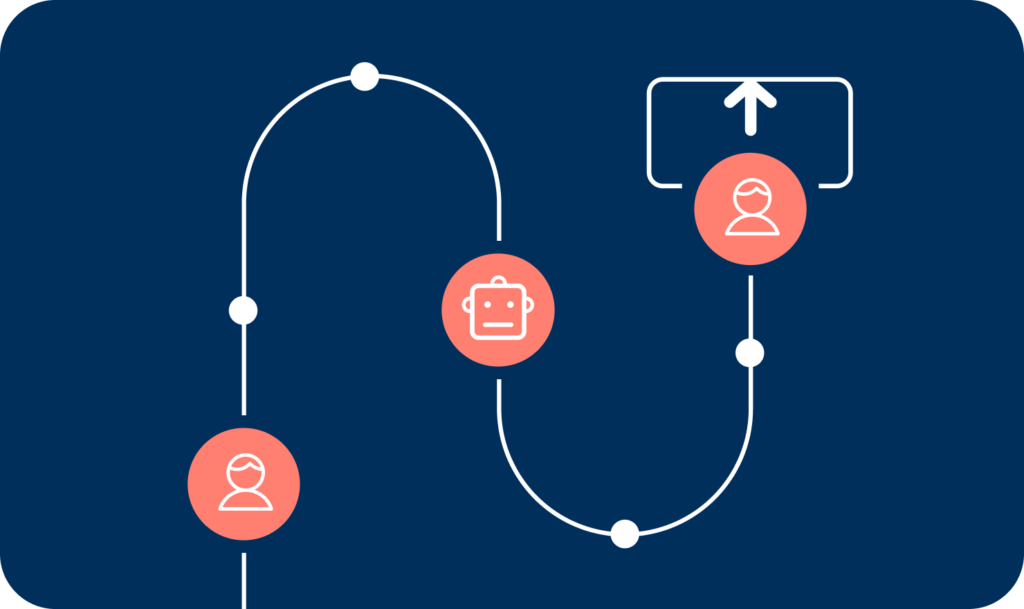Securing the Future of AI Agents – An Interview with Astrix CEO Alon Jackson

Alon Jackson, CEO & Co-founder of Astrix, sat down for an interview to share the story of Astrix—from its inception to navigating today’s fast-evolving and competitive landscape of AI and Non-Human Identities (NHIs).
Jackson discusses the company’s early days, the challenges of defining a new cybersecurity category, the rise of AI agents, and how Astrix positions itself as a leader in securing machine-to-machine access.
Listen to the full interview here: https://www.calcalist.co.il/category/36382.
The podcast is in Hebrew, but we invite you to read the translated transcript below.
Introduction
In recent months, one of the biggest buzzwords in tech and venture capital has been “agents.” Everyone is talking about AI agents—tools that can handle various tasks, from booking flight tickets at the best price to writing code. But like any technological advancement, these tools can also be exploited by malicious actors. Astrix Security was founded to protect organizations from such non-human actors.
Alon Jackson grew up in a media environment—his father, Graham Jackson, was a legendary broadcast technician at Galei Tzahal (Israel’s Army Radio). Despite this, Alon chose a different path, joining Unit 8200 in the Israeli military before entering the cybersecurity industry. He founded Astrix in 2021, and the company has since raised $85 million across three funding rounds, with the latest round closing just weeks before this interview.
In this conversation, Jackson discusses the challenges of founding a startup, navigating a crowded cybersecurity market, and positioning Astrix as a leader in Non-Human Identity (NHI) security.
What Does Astrix Do?
Astrix Security focuses on securing non-human identities (NHIs), which are any entity that has access to an organization but is not a human user. This includes software applications, automation tools, and, increasingly, AI agents.
What Are AI Agents?
AI agents, unlike traditional applications or scripts that execute predefined tasks, operate autonomously. They can receive a goal and independently figure out how to achieve it, interacting with other systems much like a human employee would.
“The boundary between human and non-human actors is shrinking. AI agents can now send emails, transfer funds, manage production environments, and more—all without human intervention.”
This shift raises significant security concerns. Organizations must understand who is getting access, why, when, and how they are acting. AI agents can be manipulated, abused, or behave unpredictably—just like a human employee going rogue.
Additionally, organizations today struggle with visibility: employees are constantly integrating new AI-powered tools, often without security oversight.
“Your friend tells you about a tool that can save you hours of work. You quickly connect it to your company’s systems. But who really owns that AI model? What data does it access? And what actions can it take on your behalf?”
Astrix provides continuous discovery, risk management, and security enforcement for NHIs, ensuring organizations maintain control over their digital workforce.
The Funding Journey
Astrix started with a $15 million seed round, backed by F2 and Bessemer Venture Partners, along with angel investors. The company later raised a $25 million Series A led by CRV and most recently closed a $45 million Series B led by Menlo Ventures, Anthropic (the developer of Claude), and Workday Ventures, bringing total funding to $85 million.
Despite the relatively easy fundraising environment of 2021, Astrix took its time to ensure they were solving a critical, long-term problem.
“We didn’t just want to raise money on hype. We wanted to be certain that we were solving a problem worth dedicating the next five to ten years of our lives to.”
By the time of its Series A, Astrix had already secured design partners, built a working product, and signed initial customers.
“More than revenue, investors wanted to see execution: a strong team, market traction, and a clear category-defining vision.”
Today, Astrix has nearly 100 employees, with around 30 based in the U.S. as the company scales its go-to-market efforts.
Building a New Security Category
One of the biggest challenges Astrix faced was educating the market. The concept of Non-Human Identity (NHI) security didn’t exist when they started.
“At first, security leaders didn’t even understand what we were talking about. There was no defined category. We had to create the market.”
Now, the term “Non-Human Identity Security” is widely recognized. Gartner even listed NHI security as one of the top cybersecurity trends for 2025—above AI itself.
The competitive landscape has also changed. When Astrix started, there were no direct competitors. Today, there are about five or six companies in the space, with most of them based in Israel.
“This happens whenever you define a new category—others will follow. But we’re ahead by a few years, and our goal is to maintain that lead.”
Customer Acquisition & Growth
Astrix’s customers include large enterprises such as NetApp, Xerox, Priceline, Workday, Agoda and Figma, and multiple Fortune 500 companies.
The company follows a “land and expand” strategy, where customers start with a small deployment and gradually increase their usage.
A key growth driver is customer referrals.
“In the past 15 months, we’ve had zero customer churn. Our Net Promoter Score (NPS) is 9.4—best-in-class for security companies.”
Astrix also benefits from a strong word-of-mouth effect, as satisfied customers introduce them to peers at other companies.
NHI Security in the AI Era
The rise of AI agents and recent high-profile cyberattacks targeting machine-to-machine connections have accelerated demand for NHI security.
Moving forward, Jackson sees massive long-term potential.
“We’re at the beginning of something huge. AI-driven identities will be 100x more significant and complex than traditional user security.”
With AI agents becoming ubiquitous and machine-to-machine connections expanding, Astrix is at the forefront of a critical cybersecurity challenge.
Listen to the full interview here: https://www.calcalist.co.il/category/36382.

































